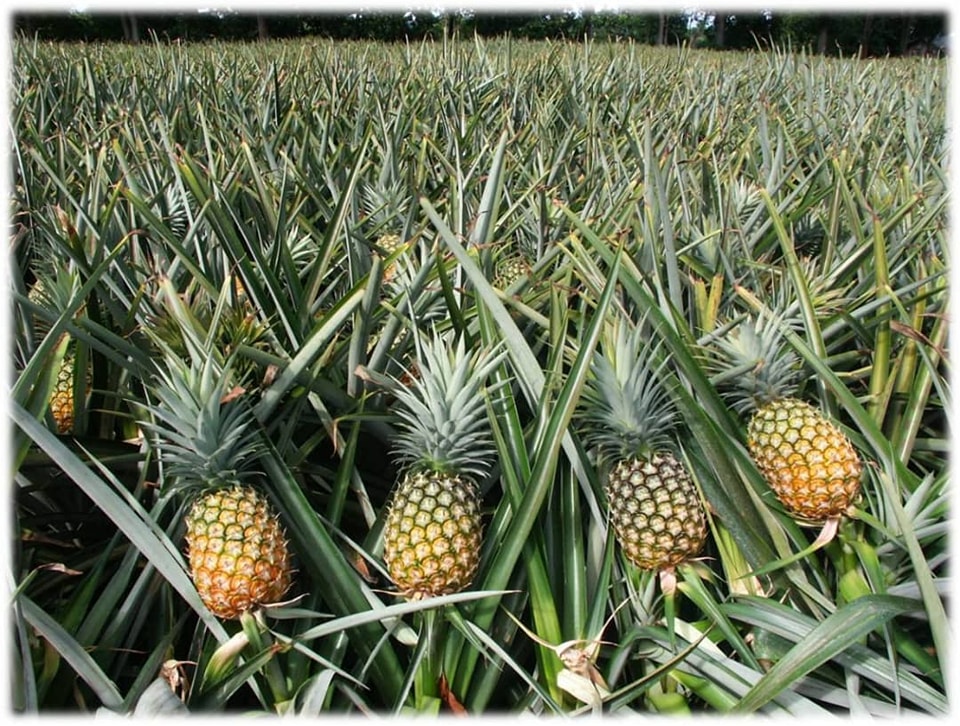Professor Hamadi Iddi Boga.
14th November 2024.
African voters are gullible. They are easily deceived through well meaning but poorly designed and ill-conceived projects. It is against all the best economic practices for a government to pretend to build a factory for processing fruit juice. Government is meant for more serious stuff like putting in place laws, policies and regulations that will enable the private sector to put up such factories. The government is supposed to invest in public goods, like supporting research and extension, building rural access roads, water and energy infrastructure, control invasive pests and diseases that could wipe out whole value chains, ensure access to disease-free planting materials, and enabling market access through treaties and bilaterial agreements.
As regards the Shimba Hills FPP, we have lost money and we will continue losing more money, since we are stuck with a project that has gobbled millions, which we must now secure, maintain, and manage even before we have processed a single fruit. And 6 years down the line the farmer has not seen a cent and is only left clinging to hope. The thought that somehow an investor will come and work with Kwale County Government in running that factory is also a mirage. The investors will not come because of political uncertainty and interference, and the complexity of public private partnerships in Kenya. So, what should the Kwale County Government have done, you may ask?
1. Carried out a thorough assessment of the production and demand (market) dynamics to have clear visibility of what the market needs in terms of fruit types, varieties, quantities and form (whole fruit or juice).
2. Carried out a thorough analysis of fruit farmers, their needs and constraints to inform programming.
3. Organized all fruit farmers into common interest groups/producer organizations or cooperatives and stabilized production in terms of fruit types, varieties, volumes, quality and consistency of supply. This requires a partnership with KALRO and KEPHIS and they should have invested in auditing existing orchards and production levels.
4. Undertake rejuvenation and rehabilitation programs for existing orchards that would sustain and enhance current production levels.
5. Support farmers to open new orchards with clear targets in terms of acreage and volumes with projections over the next 20 years after a serious market analysis.
6. Build Capacity of farmers and youth to participate and address binding constraints at various levels of the fruit value chain (from seedling production, agronomic work, production, retail and agro-processing). NB: And please stop purchasing seedlings from road side hawkers who are not trained and certified by KEPHIS. This is another avenue for theft as farmers are stuck growing the wrong things.
7. Build Capacity of a significant pool of technical personnel, agronomists and pomologists to support value chain actors. This can be done with local training and research institutions with an element of international collaboration with countries like Egypt, South Africa or Morocco where fruit farming is week established. With several flights out of Mombasa every day can we raise our ambition just a bit and stop this obsession with building structures all over the landscape. Focus should be on enabling farmers to access markets (domestic as well as international).
8. Support farmer cooperatives to set up aggregation centers equipped with cold chain equipment for collection, grading and post-harvest preservation of fruits to make it easy for processors to source for quality produce.
9. Engage fruit processing companies already resident in the County and support them to offtake from farmers. For example, the Feast Foods Processors Limited (FFPL) is a fruit processing company located in Diani, Kwale County, focusing on processing Mango, Pineapple and Passion Fruit purees and concentrates. Their installed machinery has a capacity to process 100 tons (100,000 kg or 1,000,0000 mangoes) a day. Do we have the numbers of how many mangoes we produce in Kwale? Can we meet this demand? It is cheaper and more sustainable to support this processor to scale their operations. All it would take would be a conversation with the proprietor to find out what is limiting them and helping them to unlock that. Kwale County would have spent probably less and achieved better and immediate results
10. Include fruits grown in Kwale as part of the school feeding programs and support ECDEs to purchase fruits as part of school meals. This will immediately give the farmers a market at a favorable price helping in price stabilization. Farmer cooperatives can be contracted to supply the fruits to ECDEs for healthy children and prosperous farmers.
11. Alternatively, farmer cooperatives could be supported to venture into processing, starting small and growing the business depending on the market demand and based on feasible business plans. Kwale County would not even have to use its own money to facilitate this as there are many funds in the form of grants and start up capital looking for bankable projects to support. All this Kwale County needs to invest in is strengthening Governance of the producer organizations, R&D and extension working with KALRO and KEPHIS, Training of farmers on agronomy, Business Development Training for cooperatives, and facilitating access to affordable finance (credit) through bank guarantee schemes.
The motivation to build physical things that in the end serves no purpose may be too strong to resist but history never lies, such projects will collapse as soon as they start. This business model has failed. Such entities are not able to compete with the private sector and it is bad manners for the Government to compete with investors. It is time for Kwale County to look for sound investment advice and stop putting money in such sink holes. They should talk to Feast Food Processors Ltd or any other fruit processor and support them in investing in Kwale. Let them stick to their lane and be a government that is humble, responsive, evidence driven and prudent.


